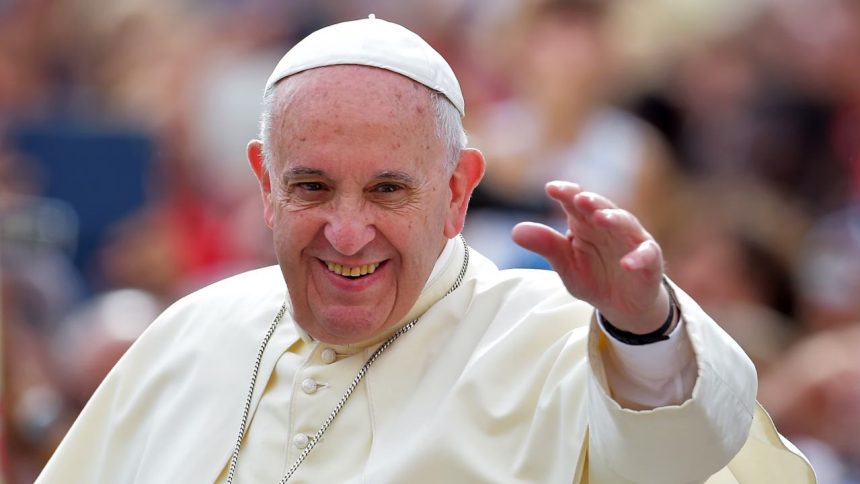Let’s get one thing straight right off the bat: Pope Francis was not worth $16 million. Not even close. That figure, which has been floating around in places like The Economic Times, Marca, and Republic World, is either a massive misunderstanding or outright sensationalism. Here’s why it’s completely wrong, and why the real story of his finances is way more interesting.
First, the basics. Francis, born Jorge Mario Bergoglio in Buenos Aires on December 17, 1936, became the first Latin American pope in history when he was elected on March 13, 2013, following Pope Benedict XVI’s resignation. From day one, he made it clear he wasn’t interested in the perks of the job. He refused to live in the Apostolic Palace, opting instead for the modest Casa Santa Marta guesthouse, where he shared meals with staff and other clergy.
He also famously turned down the $32,000 monthly salary that popes traditionally receive, redirecting every cent to charity, church funds, or family in need. The Vatican confirmed back in 2001, long before his papacy, that he had never taken money from the Church, sticking to his Jesuit vow of poverty.
Where Does Pope Francis’ $16 Million Net Worth Figure Come From?
It’s a classic case of mixing up institutional access with personal wealth. The Vatican, as an entity, is loaded—we’re talking $10 to $15 billion in assets, including priceless art, global real estate, and investments. But none of that belongs to the pope personally. The $16 million claim seems to be cobbled together from things like the five cars he had access to (all Vatican property), the apartments he could’ve used (but didn’t), and the travel benefits that came with the job. That’s like saying a White House chef is a millionaire because they get to use the presidential kitchen. It doesn’t hold up.

Now, let’s talk about the latest news. Francis passed away on April 21, 2025, at 88 years old, after battling double pneumonia and kidney complications. Even in his final days, his financial choices stayed consistent with his lifelong humility. Reports from Celebrity Net Worth pegged his actual wealth at around $100, which makes way more sense. He owned no property, had no personal bank accounts, and lived on the same modest stipends he’d accepted as a priest. Compare that to some cardinals, who pull in $4,700 to $5,900 a month, and it’s clear how little he cared about money.
Pope Francis has died.
He dedicated himself to marginalized people – especially refugees – as the world’s politicians fought culture wars.
Here’s how the first Pope from the Global South changed the narrative: pic.twitter.com/aThNX66pJv
— AJ+ (@ajplus) April 21, 2025
What’s wild is how this $16 million myth keeps spreading despite all evidence to the contrary. Even in death, headlines are recycling the same lazy math, counting Vatican assets as if they were his personal piggy bank. But here’s the thing: if you actually look at his life—giving up the papal palace, donating his salary, wearing the same battered shoes for years—it’s obvious he wasn’t sitting on a fortune. The man washed the feet of prisoners and refugees. He sold off Vatican luxury gifts to fund homeless shelters. He pushed for financial transparency in an institution notorious for its secrecy. None of that screams “secret millionaire.”
The real story here isn’t about numbers. It’s about a guy who could’ve lived like a king and chose not to. When he died, the tributes pouring in didn’t mention his net worth. They talked about his kindness, his reforms, and the way he made the Church feel a little more human. That’s the legacy worth remembering. Not some bogus $16 million figure that misses the point entirely.
So next time you see that number floating around, do yourself a favor: ignore it. The truth is way more compelling. Pope Francis died as he lived—with almost nothing to his name, and yet giving everything he had. And that’s a fact no dollar amount can ever capture.



